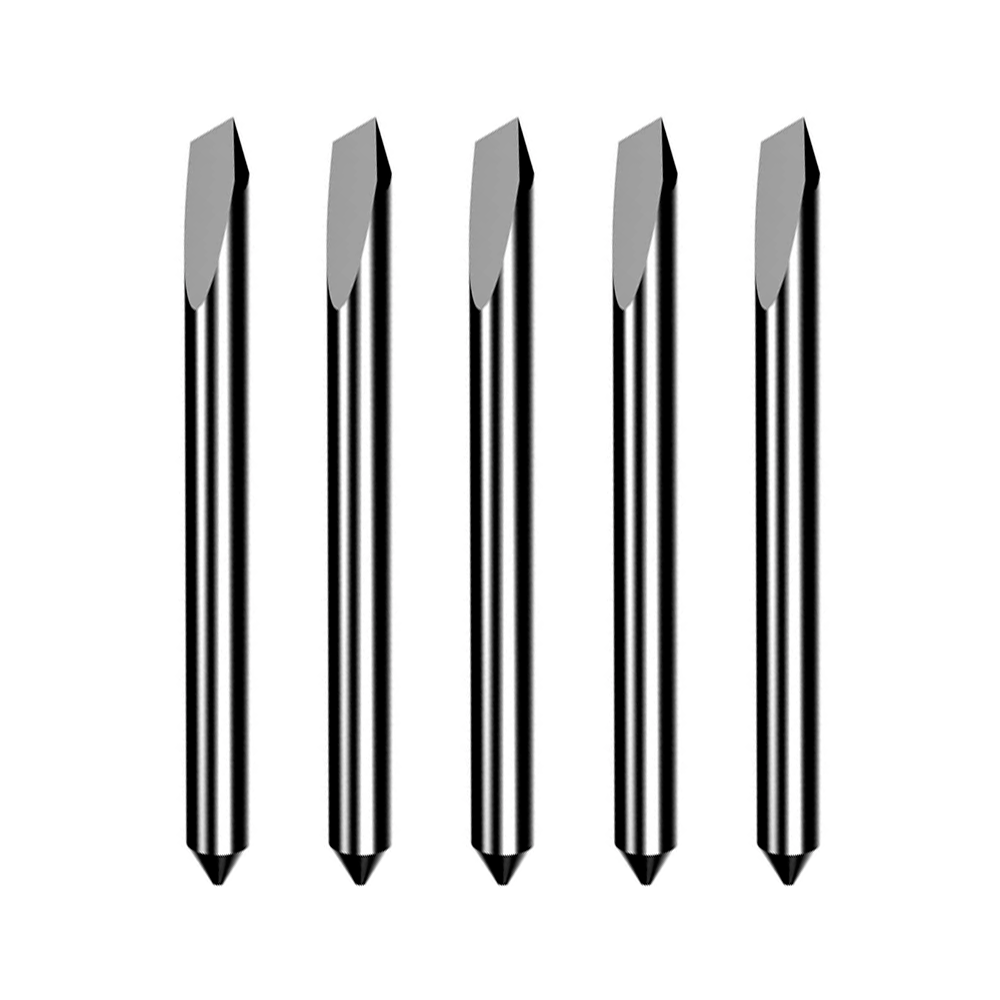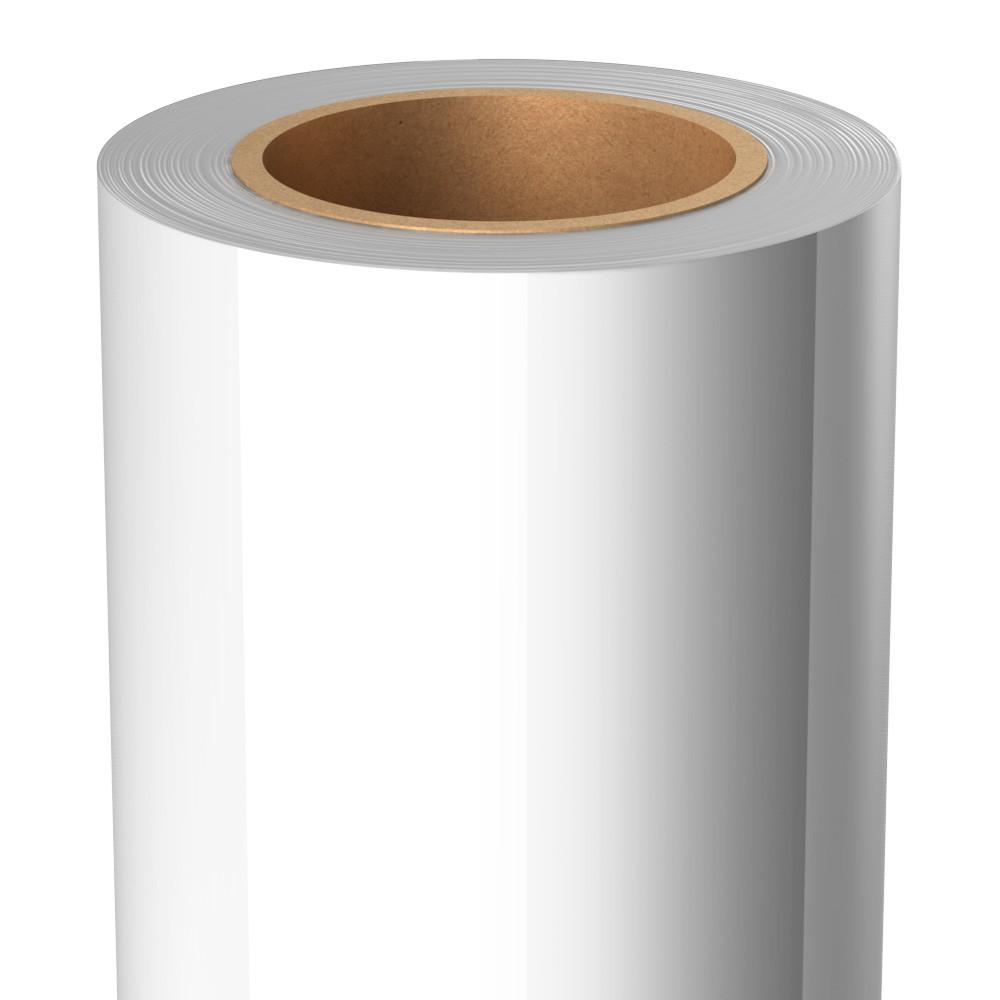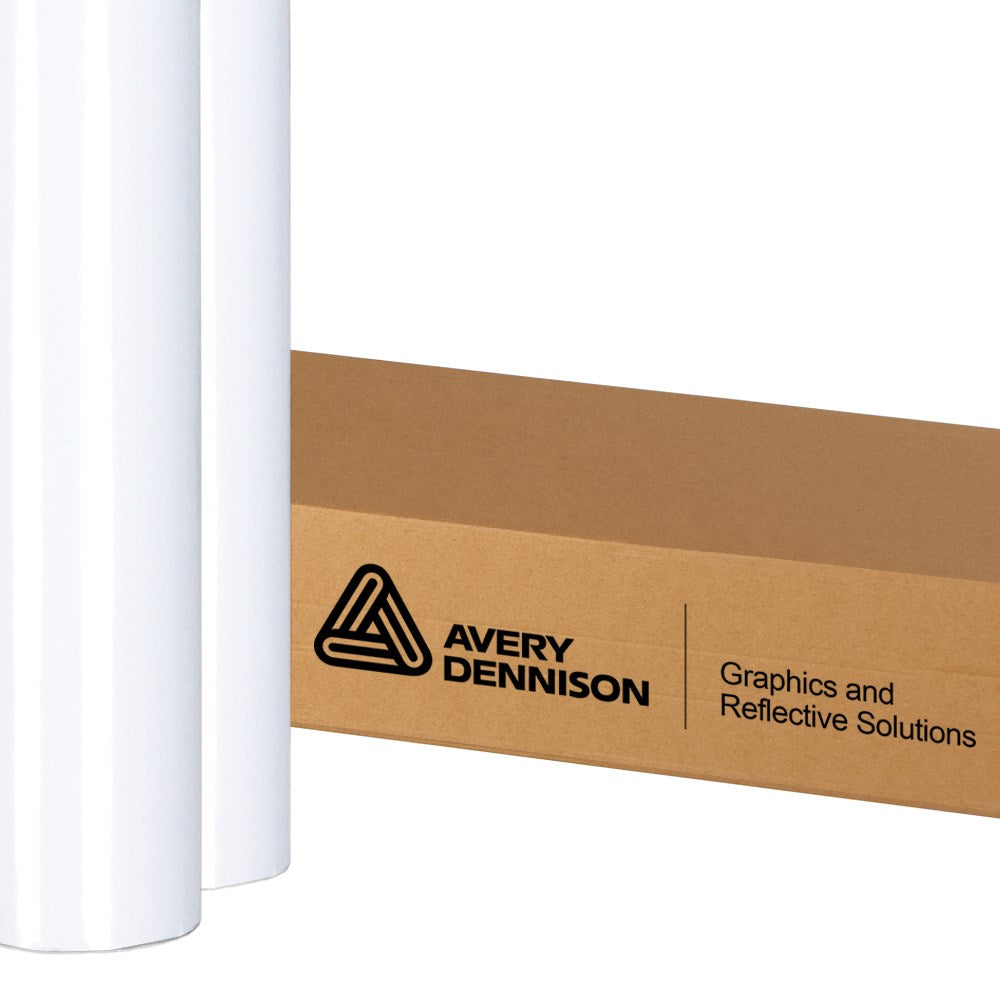Vinyl wraps on cars have become a popular choice for those looking to make a bold statement without the commitment of a traditional paint job. If your customers have been asking how long custom-printed vinyl wraps will last, you’re at the right place.
Unfortunately, the answer is more complex than one might hope because there are a number of factors that come into play when determining the lifespan of these coverings.
Generally speaking, a high-quality vinyl wrap such as 3M premium cast vinyl applied by a professional can last anywhere from five to seven years. Read on to explore the intricacies of vinyl wrap longevity and how you can maximize its lifespan.
Factors Affecting the Life of a Vinyl Wrap
Here are three important factors that can influence the longevity of 3M vinyl wraps for cars:
- Environmental Conditions: Exposure to harsh weather conditions can affect the life of a vinyl wrap. Direct sunlight, extreme temperatures, high humidity, and saltwater can all contribute to the degradation of the wrap.
- Installation: Proper preparation of the surface, accurate placement, and secure adhesion all contribute to the durability of a quality vinyl wrap, such as those sold by AirMark.
- Usage: How you use your vehicle will determine how long the wrap lasts on the car. The wrap on a car driven daily may experience more wear and tear compared to a car used only on weekends. Accidents, scratches, and other physical damage can negatively impact the life of a vinyl wrap, too. While minor damages can often be repaired by a professional, more extensive damage may require the replacement of the entire wrap.
How to Make Vinyl Wraps Last Longer
A well-maintained wrap can keep a vehicle looking fresh and stylish for years. Here are four handy tips to share with customers that will help keep their car wraps lasting longer:
Hand Wash It
Most vinyl wraps can withstand automatic car washes. However, hand washing is always the safest way to clean your car without damaging the wrap. Use a soft fabric piece or a sponge. This will help prevent scratches or peeling that may result from the high-pressure water jets and rough brushes used in automatic car washes.
Avoid Strong Chemical Products
Strong chemicals (including cleaning agents) will permanently destroy your wrap. Even wax will limit the lifespan of your wrap and ruin the vinyl, so it’s better to avoid strong cleaning agents or chemicals. Instead, you can experiment with homemade chemical-free solutions.
Here’s how you can make a chemical-free solution for cleaning the exterior of a car with a vinyl wrap:
- Add distilled water to a spray bottle.
- Mix in the same amount of white vinegar.
- Add a few drops of your favorite essential oil, such as lemon or lavender.
This homemade cleaner is effective and gentle on your vinyl wrap and may play a role in prolonging its life.
Protect It From Sun and Pollutants
The lifespan of a vinyl wrap can be shortened by moisture and temperature. Prolonged exposure to direct sunlight and pollutants can cause your wrap to fade or discolor. When possible, park your vehicle in a covered area or use a cover to protect your wrap from the sun's harmful ultraviolet rays.
Address Issues Promptly
If you notice any peeling, bubbling, or lifting of your wrap, address it as soon as possible. Leaving these problems unattended can worsen the damage and ultimately reduce the lifespan of your wrap.
What Types of Coating Help Vinyl Wrap Last Longer?
In addition to the tips above, there are also some coatings that you can recommend to customers that will make their wraps last longer. These coatings not only protect the vinyl from environmental factors such as ultraviolet rays but also enhance its resistance to physical damage:
- Ceramic coating: Applying a liquid polymer to a car's external surfaces provides a layer of defense and creates a hydrophobic surface that makes it harder for contaminants to adhere to the wrap.
- Paint protection film (PPF): A transparent urethane layer that can be applied to a car’s exterior painted surfaces. PPF is a great choice for protecting vinyl wraps because it can help reduce scratches or damage resulting from impacts with road debris.
- Automobile wax: Some car waxes, such as Carnauba Wax, are gentle enough to be used on vinyl wraps. A layer of wax protects the vinyl wrap from pollutants, sunlight, and temperature fluctuations. However, it is crucial to choose a suitable car wax for your wrap because some auto waxes contain high levels of abrasive chemicals that can damage the vinyl.
Final Thoughts
While the lifespan of a vinyl wrap on a car can depend on environmental conditions, how much the car is used, and how well the warp was installed, you should be able to get a good five to seven years out of the wrap. Customers can also extend the life of their car wrap by following the common-sense tips above.




